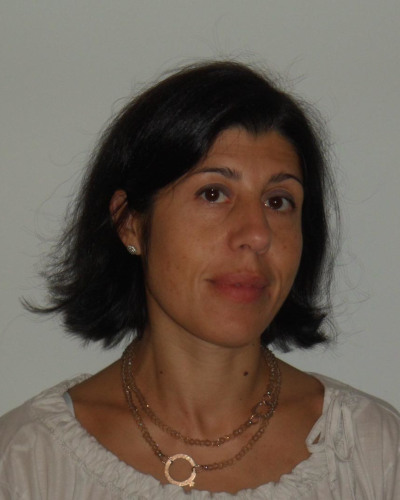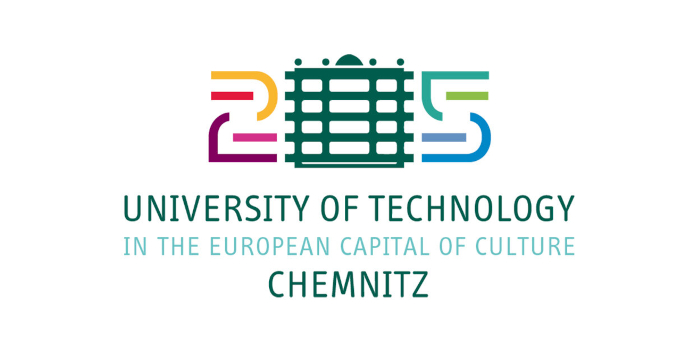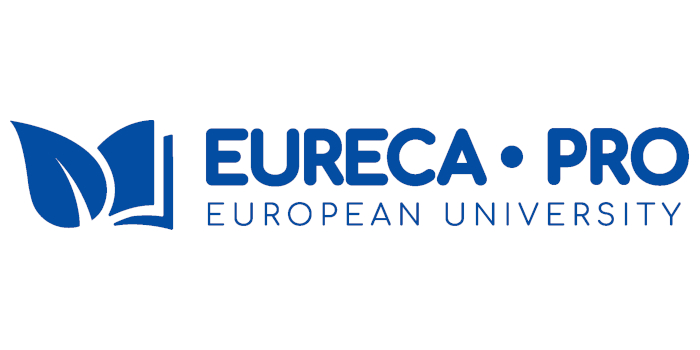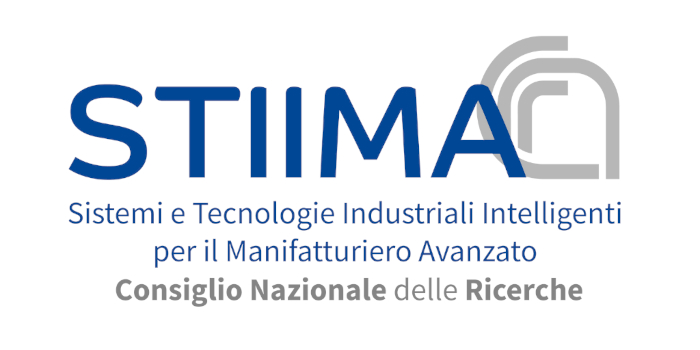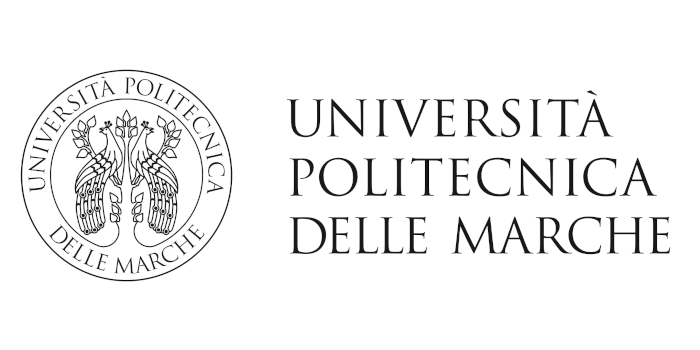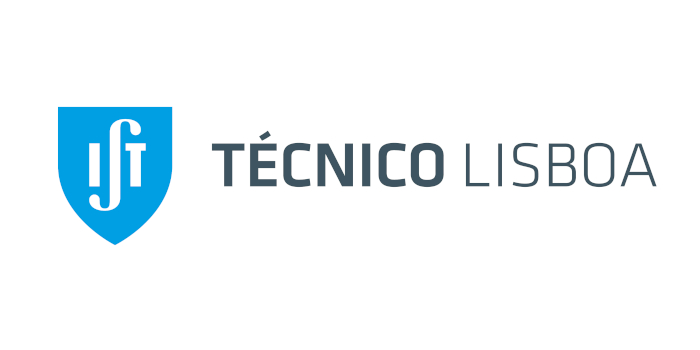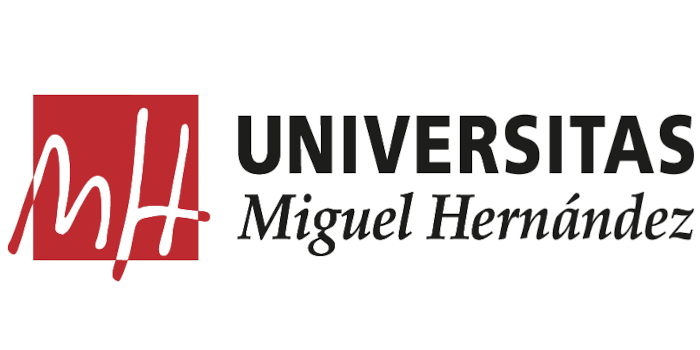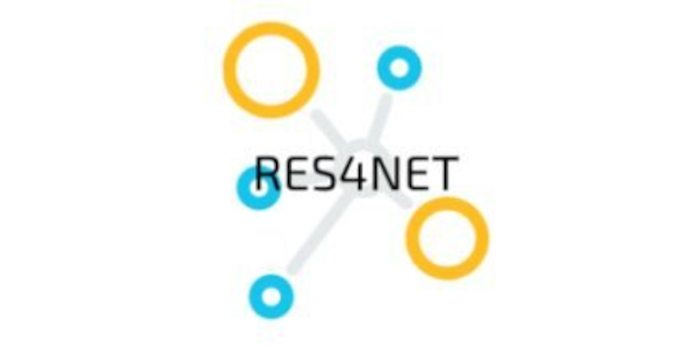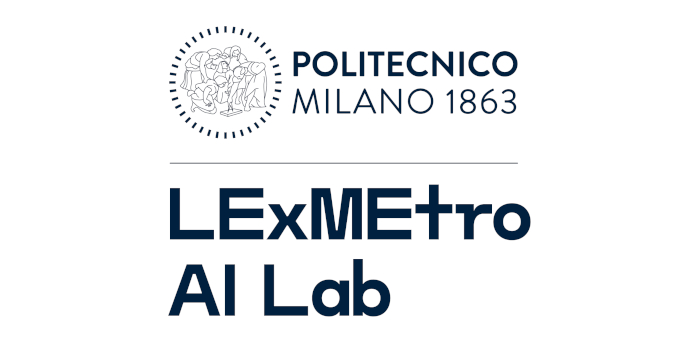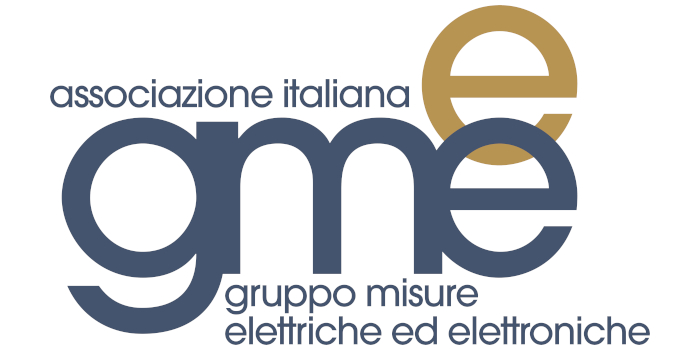THEMATIC SESSION #30
Non-Contact Measurement Techniques and AI for Smart Industry
ORGANIZED BY
Emilio Di Lorenzo
Siemens Digital Industries Software
Alessandro Annessi
University of eCampus Studies
Milena Martarelli
Polytechnic University of Marche, Italy
THEMATIC SESSION DESCRIPTION
Modern industry demands advanced inspection techniques and diagnostic solutions to ensure high-quality standards in production, high efficiency, safety, and reliable predictive maintenance. Non-contact measurement techniques, combined with Artificial Intelligence (AI), are revolutionizing the sector by providing highly precise, non-invasive, and real-time monitoring tools.
This special session will explore the latest developments in non-contact measurement techniques spanning from optical, acoustic to thermographic approaches. Special emphasis is placed on AI-driven data processing and interpretation of data. Innovative methods based on computer vision, spectroscopy, laser scanning, ultrasound, thermal, multi-spectral and hyper-spectral imaging will be presented, highlighting their impact on industrial applications such as structural health monitoring, predictive maintenance, quality control, and fault diagnostics. The session will also cover the role of machine learning and deep learning in enhancing the accuracy and reliability of measurements, with real-world case studies in various industrial sectors. Special attention will be given to the benefits of AI for big data management and the extraction of valuable insights from multi-dimensional data and complex signals.
This session aims to bring together experts from academia and industry, fostering knowledge exchange and collaboration to address emerging challenges in industrial diagnostics through non-contact measurement approaches powered by AI.
TOPICS
Topics of interest include (but are not limited to):
- Advances in non-contact measurement techniques and sensors;
- New methodology for enhancing measurement accuracy;
- Hybrid and full AI-driven data processing and interpretation;
- Product quality control;
- Predictive maintenance.
ABOUT THE ORGANIZERS
Dr. Emilio Di Lorenzo is currently employed at Siemens Industry Software in Genoa (Italy). He is working as Research Engineering Manager for the Structural Dynamics and Environmental Testing research team which is distributed between Italy and Belgium (Leuven). He holds a joint PhD degree obtained at the University of Naples (Italy) and KU Leuven (Belgium) in 2017. His research is focusing on structural dynamics, innovative (contactless) testing technologies and digital twins.
Alessandro Annessi completed his Master's degree in Mechanical Engineering at the Polytechnic University of Marche in 2018, followed by a Ph.D. in Industrial Engineering in 2022, both at the same university within the Department of Industrial Engineering and Mathematical Sciences, specializing in mechanical and thermal measurement. Currently, he serves as a research assistant at the Università degli Studi eCampus. His primary research interests encompass vibrations and wave propagation, vibrational metamaterials, optical measurements including LDVs and triangulation systems, vision-based techniques, and signal processing applied to various sectors such as industrial, agricultural, biomedical, and NDT.
Milena Martarelli is Associate Professor at the Università Politecnica delle Marche and the Director of the Research Centre CARMELO (Center for Advanced Research on Measurements for Engineering and Life Optimization). She is the head of the Laboratory of Vibration Measurement. Her scientific activity is in the field of mechanical and thermal measurement applied in many sectors from industry to biomedical engineering, from cultural heritage to agrifoods. Her main expertise in the development of non-contact measurement systems for mechanical vibrations and structural dynamics, acoustics and diagnostics, e.g. Laser Doppler vibrometry, ultrasonics, vision-based systems in different wavelength domains.

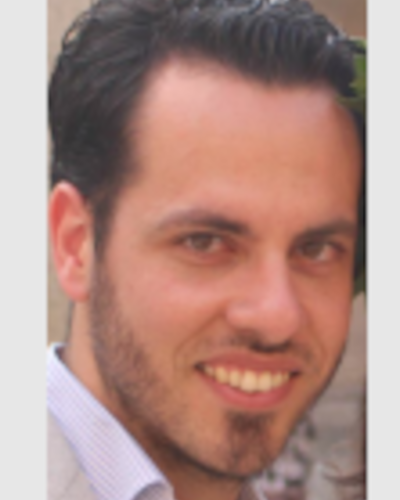
.jpg)
